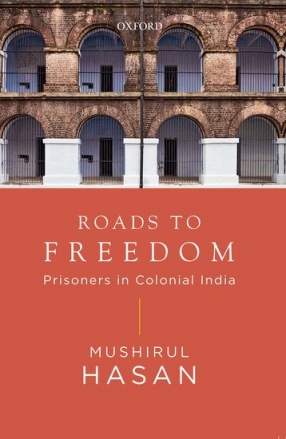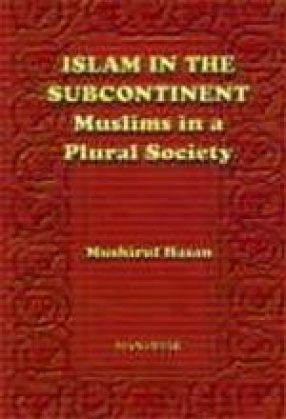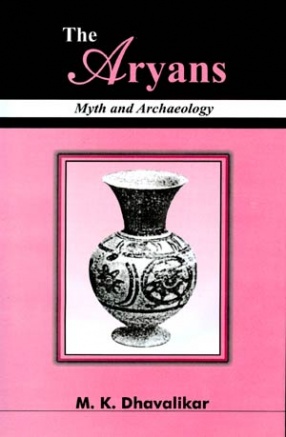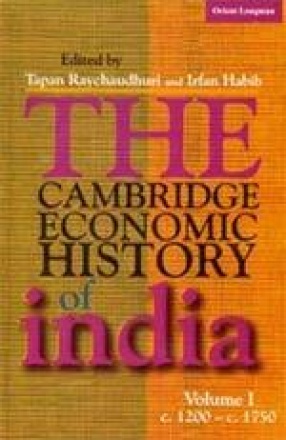Roads to Freedom: Prisoners in Colonial India
In its most brutal form, the prison in British India was an instrument of the colonial state for instilling fear and dealing with resistance. Exploring the lived experience of select political prisoners, this volume presents their struggles and situates them against the backdrop of the freedom movement. From Mohamed Ali, Maulana Abul Kalam Azad, the Nehru family, and Gandhi, to communists like M.N. Roy-we get a vivid glimpse of their lives within the confines of the prison in a narrative that is at times deeply personal and yet political. The struggles of some remarkable women of the time are also brought to the fore-be it the feisty doctor Rashid Jahan, Aruna Ali, Vijaya Lakshmi Pandit, or Sarojini Naidu. Extensively researched, the volume draws upon the records at the National Archives of India, private papers, creative writings of the prisoners, newspapers, memoirs, biographies, and autobiographies. The volume also brings to light the differences between Indian and European prisons during the colonial period and the conception of ‘criminal classes’ in the colony. Capturing the sharp pangs of loneliness, the poetry born out of solitude, and the burning desire for independence, Roads to Freedom breathes new life into accounts and tales long forgotten.
Contents: 1. Introduction: ‘The prisoner’s paradise’. 2. ‘Sunlight on a broken column’. 3. Jail-‘the gateway to freedom’. 4. The Karachi trial. 5. Calcutta’s Maulana: colonialism on trial. 6. Poets in prisons. 7. ‘Long walk to freedom’. 8. Sunlight and shadow in prison. 9. ‘The vessel will sink when the load of sin is great’. 10. ‘Thy flag will be laid in the dust’: the Nehrus in prison. 11. Crafting history in a cell. 12. Conclusion: the price of freedom. Appendix.
Get it now and save 10%
BECOME A MEMBER








Bibliographic information